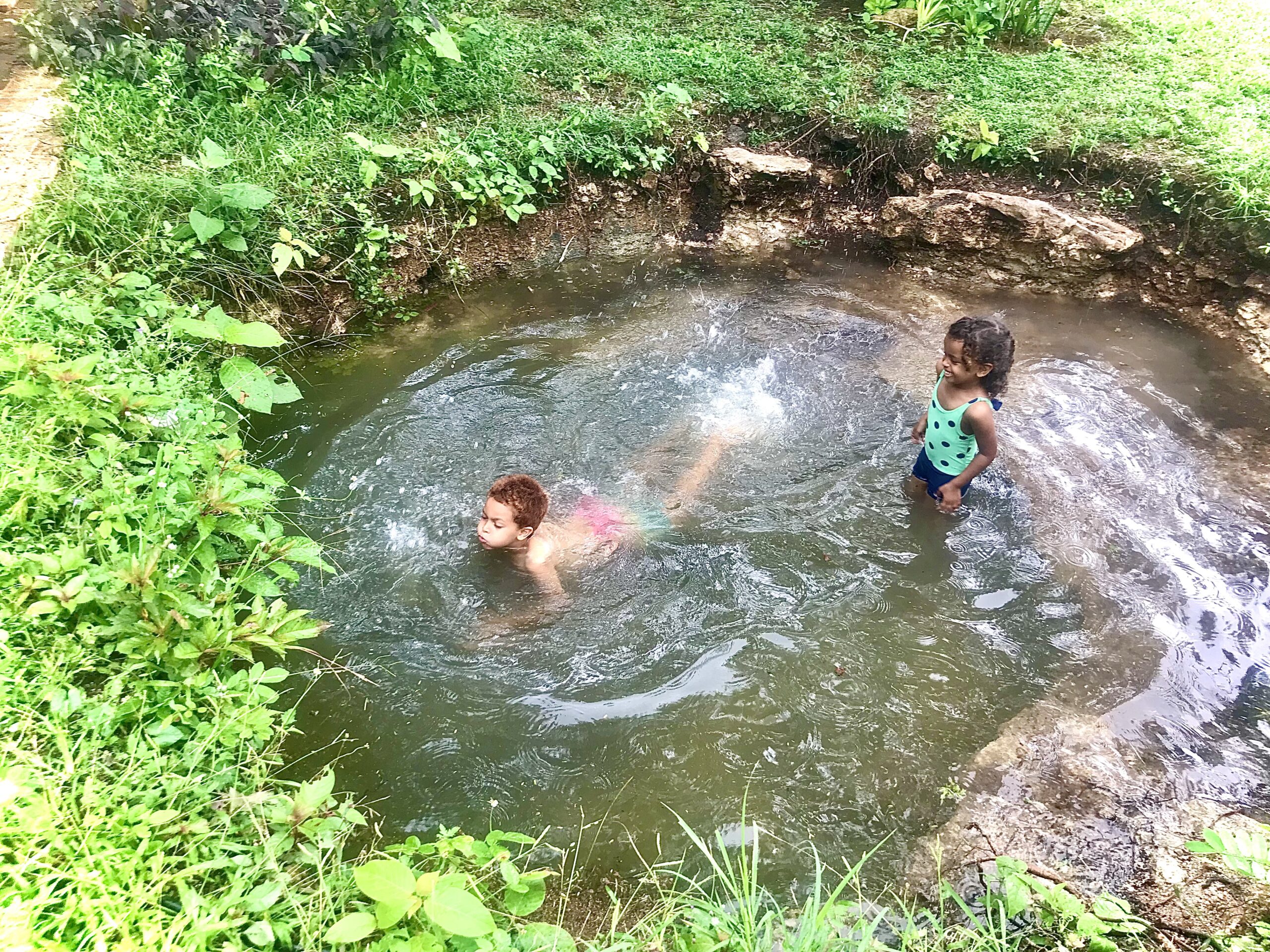The importance of Teaching your children how to invest and thrive for the future.
We left off part one with the simple idea of taking action to incrementally increase our savings and invest our money to start making at least some money work for us instead of us working for it.
Financial literacy is not something that’s only reserved for the fortunate few lucky inheritors of fortunes, in-fact without financial literacy even they end up broke again within a generation.
Think of generational wealth as first and foremost being about financial literacy, rather than about the actual money itself. It’s the process of educating yourself and your children how to manage this aspect of life that is vitally important.
The money comes as a result of basic financial principles.
I often question why these basic concepts aren’t given any mention at all within institutional education? Shouldn’t even a very basic education include some simple lessons on financial literacy ?!
“Produce more than you consume and the surplus becomes wealth over time”
Money is the store of wealth from the transactional value of the goods or services that you provided to those who wanted them (the consumer).
Be the creator more than you are the consumer, produce more than you consume.
Choose a lifestyle that enables you to consume less than you produce, therefore your able to save the remainder, in other words “live within your means” don’t max out your credit cards on shiny new toys!
Don’t think that a small relatively insignificant few hundred dollars can’t grow into generational wealth over time, it can and it will with the right mindset, consistency and dedication.
With my first $500 investment capital i opened a brokerage account and invested in 3 companies I thought had good potential at the time.
While I grew up with absolutely no knowledge of even the concept of financial literacy, I had an interest in investing and at some point began reading and doing some basic research, and eventually years later I was ready to give it a go.
Partially I got a lucky start, one of the three companies I initially put money into handed back 556% returns within a few months, the other two didn’t do much, but that was good enough for me, I was convinced this was doable. I continued to add a hundred here and there as much as I could over the first year.
I bought more positions in other companies and by the end of the year when I calculated what I’d initially invested in each position, (some winners and some losers) taken away from my total balance I had an overall return on investment of 57%
I was very happy with that as I knew id done better than I could have expected from any broker, CD, savings account, high interest vehicle, or even most charter services. So I decided then and there to continue and I’ve being doing it ever since, and slowly but surely it is building up nicely,
I tell my own story here to demonstrate it is possible to start with not much at all, get it working for you and see the rewards within a year or so, from there you just have to keep at it.
….But back to financial literacy and generational wealth….,
If you’r lucky enough (or have worked hard enough in your life) to have a steady job as an employee or as a small business owner to have savings and essentially some capital you could deploy to work for you then you’ve got a head start.
If not then you need to think about how you can both increase your income and decrease your living costs (even just a little bit), save the remainder each month.
How do you begin to produce more of whatever it is that you do and consume less in your lifestyle so you can have a surplus?!
you might want to look at monetizing a skill or two you probably already have as an extra income source?
Most of us can if we really try, cut out one or two small expenditures that aren’t absolute necessities from our monthly budget, use this little cash to start your savings.
Yes….the word “budget” comes up here, I spent the majority of life without understanding the importance of having a budget! I’d be way ahead by now if only I’d cared enough to figure that one out.
If you currently live paycheck to paycheck and want that to change then you need to seriously think about creating a realistic budget and sticking to it!
You budget and your lifestyle should always cost less than what you make, keep it that way
To be continued……

